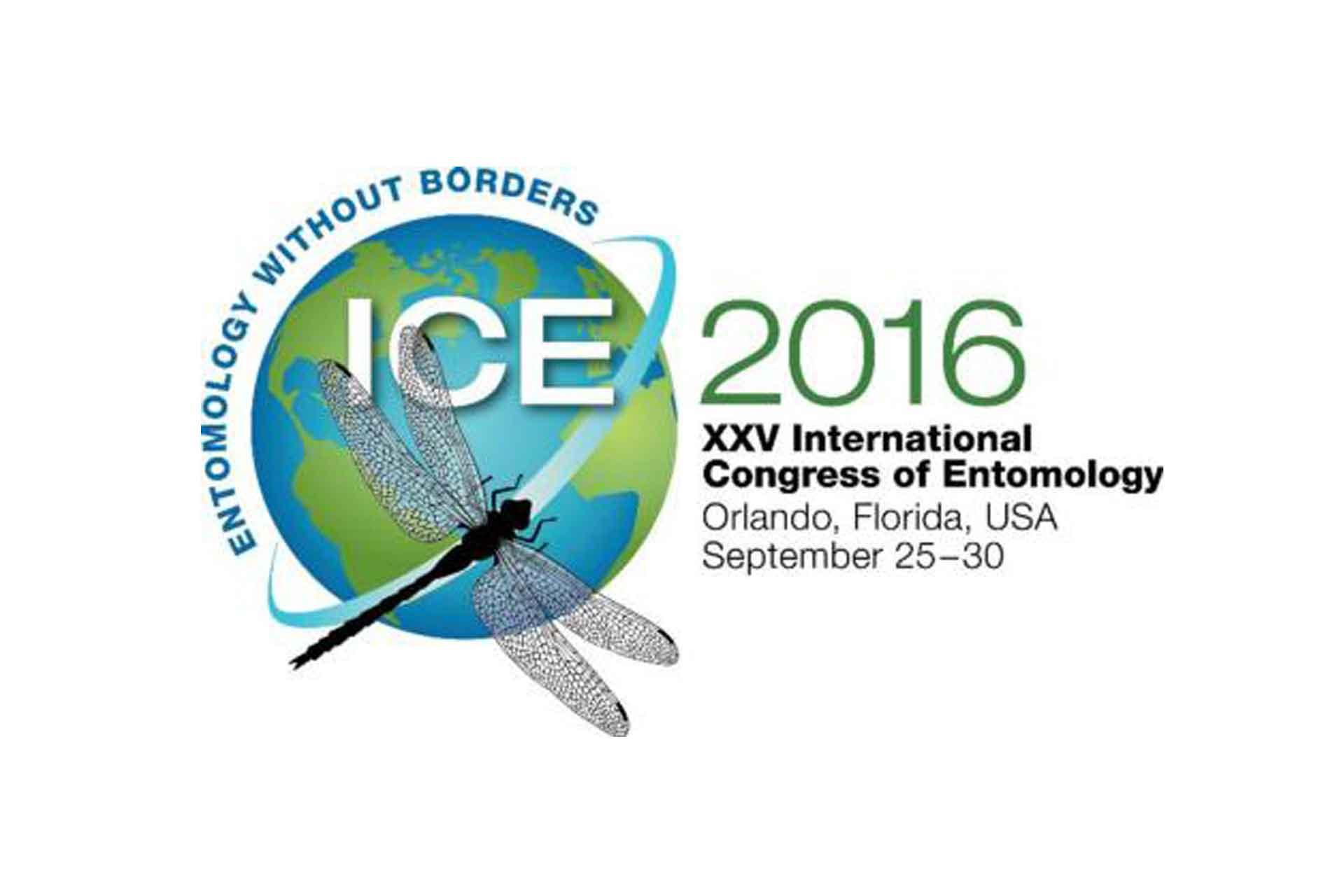A large delegation from The Pirbright Institute will be flying the flag for great British science this week, at the biggest ever entomology conference.
The Institute’s scientists, many of whom are world-leading experts in their respective fields, have been asked to present their research at the 25th International Congress of Entomology 2016; being held in the United States from 25 – 30 September, 2016. Thousands of scientists and experts from all over the world, who work in the discipline of entomology (the study of insects), are expected to attend this major event.
The Pirbright Institute is an internationally renowned research body, helping to understand and prevent animal diseases - many of which can also infect humans. It is also a diagnostics and surveillance centre for virus diseases that are transmitted by insects to animals and people; being home to world reference laboratories that serve the UK government, EU and world health organisations.
Dr Simon Carpenter, Head of Entomology at the Institute, who is jointly chairing one of the conference Symposiums said: “This is an unprecedented and exciting opportunity to share our research. It will enable us to engage not only with fellow scientists and experts in our field, but also with policy makers, potential partners and funders – as well as the wider science media. This is important because it helps us to further develop our research ideas, and I hope will help us build new relationships and facilitate greater scientific collaboration”.
Institute scientists will be presenting on the following days:
Wednesday 28 September:
Professor Luke Alphey: Engineered sterile insects: From lab to field
Dr Anthony Wilson: Modelling with Impact: developing insect population models to improve control in partnership with industry and policy
Jo Stoner: The potential for biting flies to mechanically transmit blood-borne viruses causing livestock disease – importance of mechanical feeding
Thursday 29 September:
Dr Simon Carpenter: Co-chairing Symposium: Ecology, Surveillance, and Control of Biting Midges
What influence does entomology have on policy decisions during arbovirus outbreaks?
Dr Adrian Zagrajek: Factors affecting the ability of Culex pipiens mosquitoes to transmit Rift Valley fever virus
Dr Chris Sanders: Culicoides and reassortant bluetongue viruses: A study of virus/vector/host interactions
Dr Lara Harrup: Quantifying the vector’s impact on the epidemiology of Culicoides-borne equine arboviruses
Research exhibition (posters): Tuesday 27 September:
Laura Tugwell: Approaches to controlling Culicoides biting midges in the United Kingdom using vector-proof housing and immunological approaches targeting salivary proteins
Christopher Gamble: How does hybridisation influence life-history parameters and dispersal in Culex pipiens mosquitoes?
Alice Muntzer: Visualisation and quantification of bluetongue virus in Culicoides biting midges
